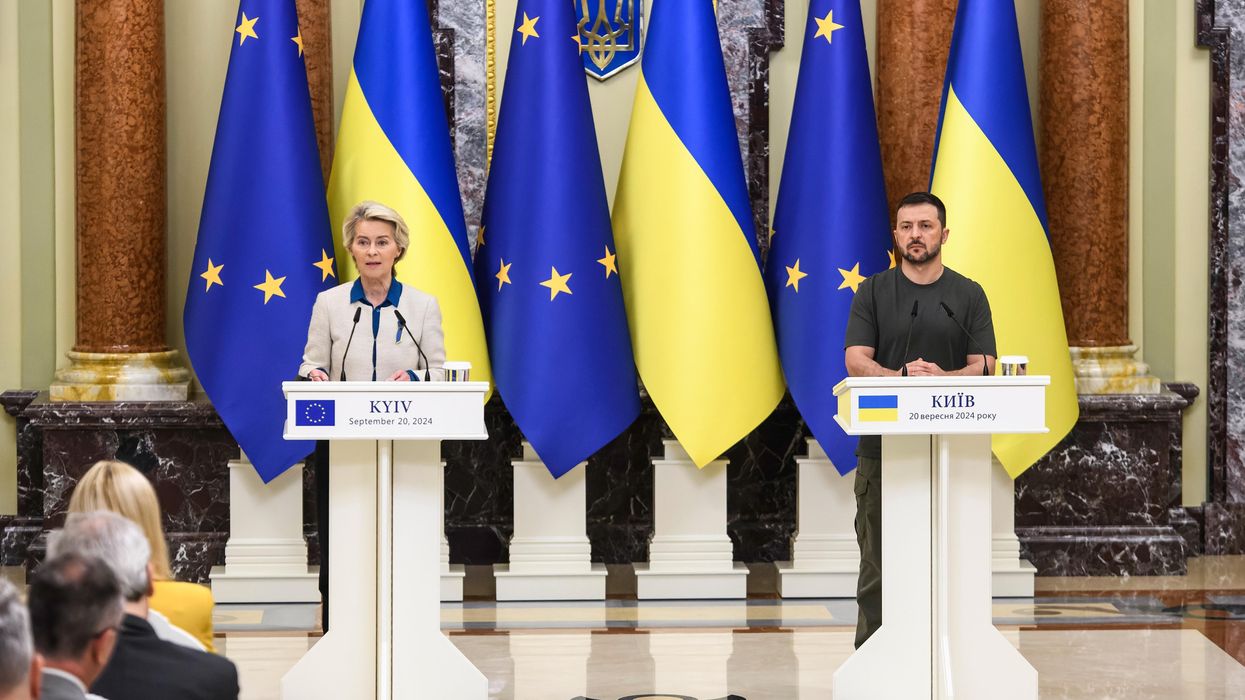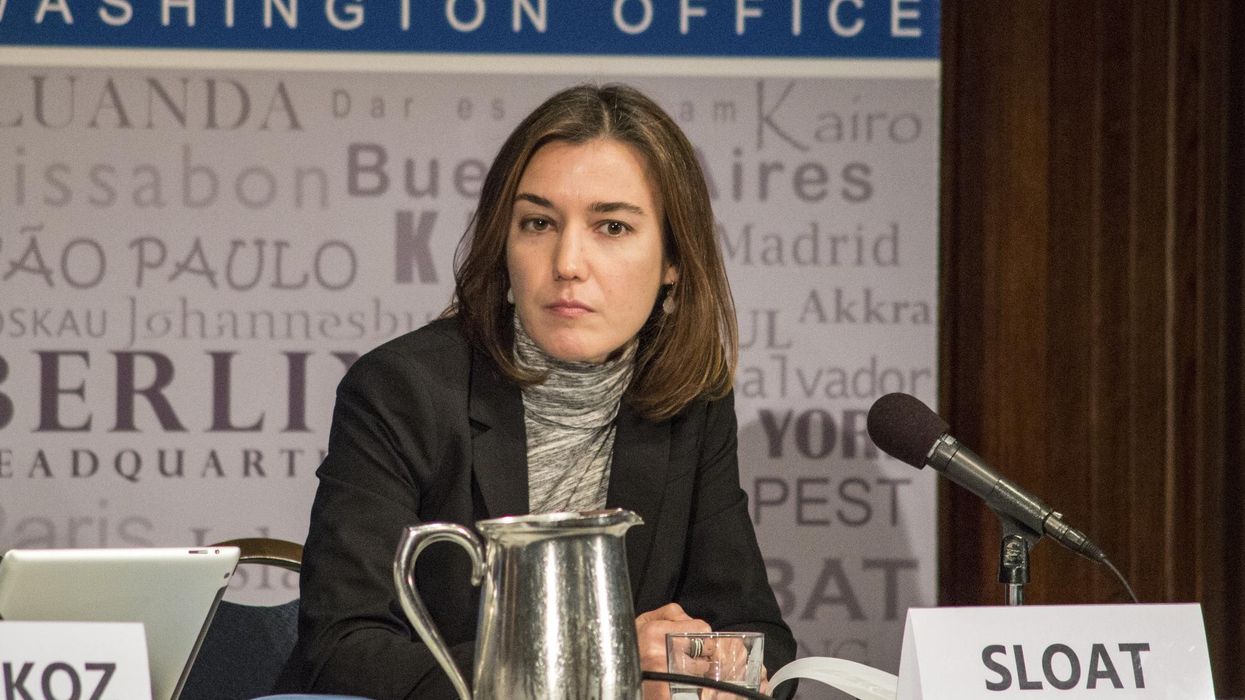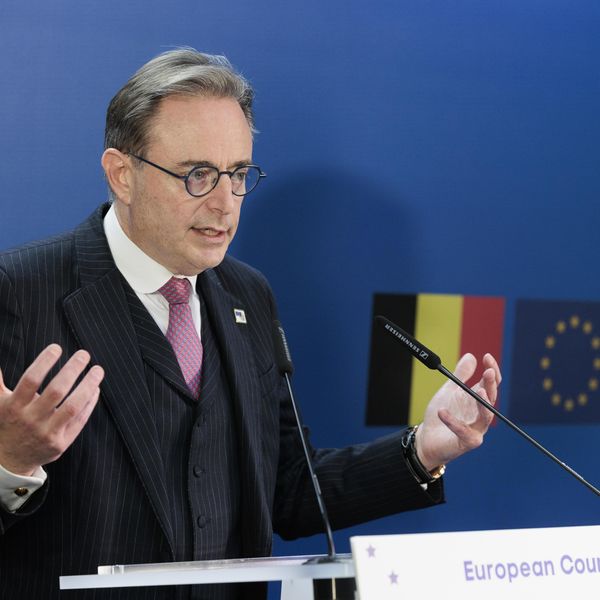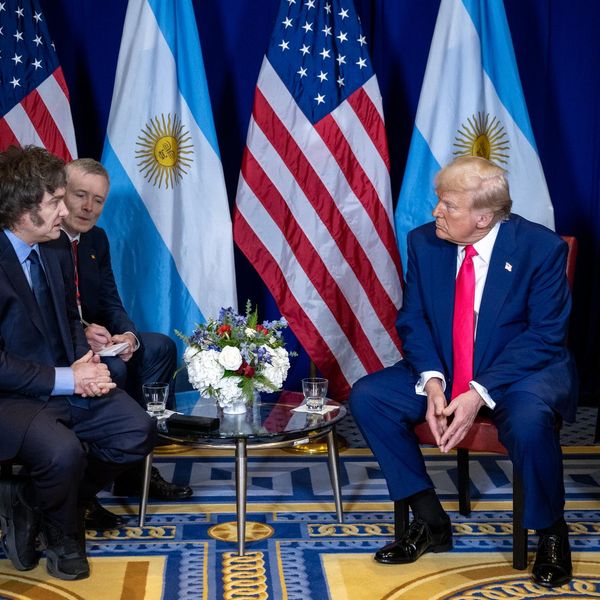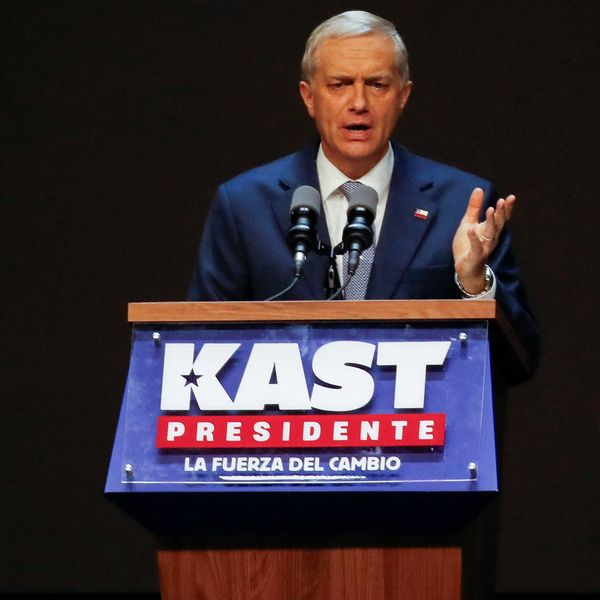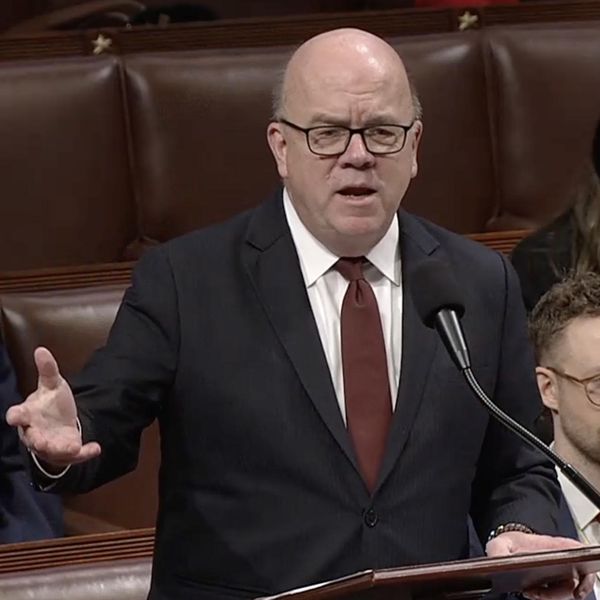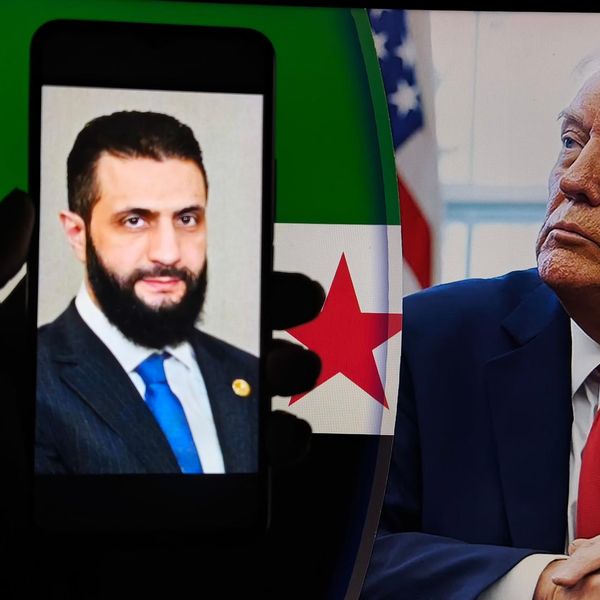On March 21, Treasury Secretary Scott Bessent announced that U.S. shell companies and their owners can once again conceal their identities — a move critics warn could weaken national security and spur illicit financial activity that puts the American public at risk.
Treasury’s initial beneficial ownership information (BOI) disclosure requirement for all companies with less than 20 employees garnered bipartisan support and Trump’s approval during his first administration, but it was short-lived. Officially brought into force last January 2024, and then stymied by lawsuits, the requirement passed its final legal roadblock in February 2025 — only to be shelved a month later by the administration.
With the written support of Attorney General Pam Bondi and Secretary of Homeland Security Kristi Noem, the Treasury Department announced that it would stymie the BOI register established under Corporate Transparency Act (CTA). Initially, the Act required small companies, including those based in the U.S. or registered to do business in the country, to disclose who ultimately owns and controls their company to the Financial Crimes Enforcement Network (FinCEN). When the measure passed the House in 2019, it was lauded as a measure that would “help prevent malign actors from leveraging anonymity to exploit these entities for criminal gain.”
Now, when a U.S. citizen sets up a shell company in the U.S., they do not have to disclose their identity or the identities of the company's “beneficial owners,” or the individuals who profit from the company or control its activities. American beneficial owners of foreign shell companies that register in the U.S. have been granted the same anonymity. Under the latest limited regulation, only non-American owners will be required to register with the U.S. government.
While fleeting, the Treasury Department’s original BOI requirement was the U.S.’s first attempt at catching up with similar regulations in 148 other countries.
National BOI registers are critical to ensure individuals cannot hide their finances from the law. Whether it be money laundering, sanction evasion, drug smuggling, human trafficking or illegal arms smuggling, financial secrecy facilitates illicit activities. The Treasury's 2022 National Money Laundering Risk Assessments — noted by Bessent in the announcement — even identified the “lack of timely access to BOI as a key weakness” within its anti-terrorism financing framework.A haven for illegal arms traffickers
Arms traffickers are one of the many malicious actors who have used U.S.-based shell companies to their benefit. Victor Bout, a former Soviet intelligence officer turned “merchant of death” is the kingpin of examples. Extradited to the United States in 2010 to stand trial on terrorism charges, Bout utilized a global network of shell companies, including 12 companies incorporated in Delaware, Florida, and Texas, to facilitate weapons trafficking to armed groups in Africa, Colombia, Afghanistan, the Middle East, and elsewhere.
“Victor Bout may be the poster boy for U.S. shell companies engaged in black market arms sales, but he is only the tip of the iceberg,” explained Kathi Austin, Executive Director of the Conflict Awareness Project, in an email to Responsible Statecraft. “From a U.S. company in Maine tied to a Mauritius arms trafficking operation, to the convicted arms traffickers Sarkis Soghanalian and Charles Acelor who facilitated weapons air drops to the FARC rebels in Colombia, the shell game is what they were banking on — however unsuccessful in these instances — to hide from investigators’ eyes.”
And hide they do. U.S. shell companies have been successfully used as cover for illegal arms sales for decades. Hints of a business's true breadth and depth only emerge when a trafficker is apprehended, “such as the case of Pierre Falcone who used secret accounts in Arizona to hide his proceeds from arms trafficking to Angola” noted Austin.
Asked during his confirmation process in January if anonymous shell companies pose threats to national security and public safety, Bessent offered no specifics, only saying vaguely that he would work to “combat malign and illicit activity that threatens our national security,” while noting the risk of “undue burdens and disproportionate legal consequences on law-abiding U.S. individuals and small businesses.”
In the final ruling, Secretary Bessent cited President Trump’s Executive Order 14192, entitled “Unleashing Prosperity Through Deregulation” and the administration’s policy “to significantly reduce the private expenditures required to comply with Federal regulations to secure America's economic prosperity and national security” as the reasoning behind the ruling. While the BOI register did increase the financial reporting onus on small businesses — as companies with over 20 employees were always exempt from BOI reporting — the rule protected Americans by working to prevent misuse of corporations for criminal gain.
"Small businesses suffer when they are forced to compete with fraudulent and criminal enterprises that exploit anonymous shell corporations to evade accountability,” explained Richard Trent, Executive Director of the small business network Main Street Alliance (MSA) in a recent press release.
The U.S. BOI is non-public, unlike some European examples, thus protecting the privacy of beneficial owners. At the same time, providing the government with BOI helps detect and deter crime, ensuring that wrongdoers cannot hide behind opaque company structures. An October 2024 McLaughlin and Associates poll further indicated that the original BOI requirements enjoyed widespread public approval.
Now with only foreign nationals forced to register BOI, U.S. citizens may be used as legal fronts for international entities looking to benefit from the U.S.’s financial system and it wouldn't be the first time.
Illegally gaming the military contracting system
According to investigations conducted by the U.S. Government Accountability Office, some Pentagon suppliers have used U.S. front companies to win manufacturing bids under fraudulent pretenses. Through the use of U.S. shell companies, contractors have obscured the fact that they were making U.S. military equipment abroad, risking equipment quality as well as national security while defrauding the U.S. out of millions of dollars.
In one case, a contractor who used a U.S. shell company to hide the fact that they were secretly manufacturing safety gear for F-15 fighter jets in India while illegally exporting “technical drawings for aircraft parts, nuclear submarine torpedo systems and attack helicopters.”
In another example from the early 2000s, U.S. Lieutenant Colonel David Young illegally passed information about Pentagon projects on to Michael Taylor, president of the American International Security Corporation (AISC), and Christopher Harris, a contractor in Afghanistan. That information allowed AISC to develop the perfect bid and garner approximately $54 million worth of Army contracts between 2007 and 2011. Through this inflated deal, Young, Taylor and Harris stole more than $20 million from the DoD, covertly transferring the funds through U.S. shell companies.
Once again, financial secrecy facilitates illicit activities, including defrauding the U.S. government. By collecting and maintaining basic information about who actually owns and controls companies, the U.S. can use that information to prevent and detect crime, and safeguard its citizens.
“It is a basic principle that U.S. law enforcement and intelligence agencies should be able to check who is using U.S. shell companies to move money within and across our own borders,” warned Nate Sibley, fellow and director of Hudson Institute’s Kleptocracy Initiative. “America’s retreat from leading efforts to uncover these shadowy financial networks is an unforced error that enriches and empowers our worst enemies.”
According to Austin, who has spent decades working to uncover arms brokers hiding behind the cover of transporters, financial service providers, and facilitators, the main thing standing between illicit actors and accountability “continues to be shell companies which defy responsible arms control measures and have too much blood on their hands unaccounted for.”
If the Trump administration is serious about putting “America First,” Treasury Secretary Bessent should reverse this interim ruling so that the American public and the U.S. financial system can enjoy more thorough protection against criminal actors who seek to hide their activities behind opaque American shell companies.


